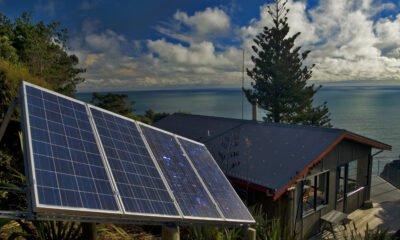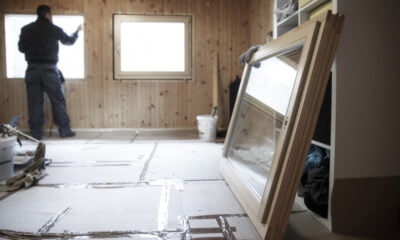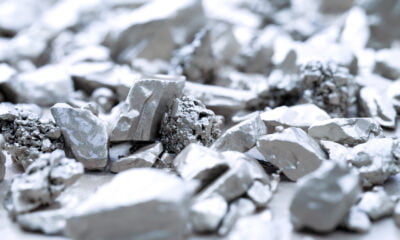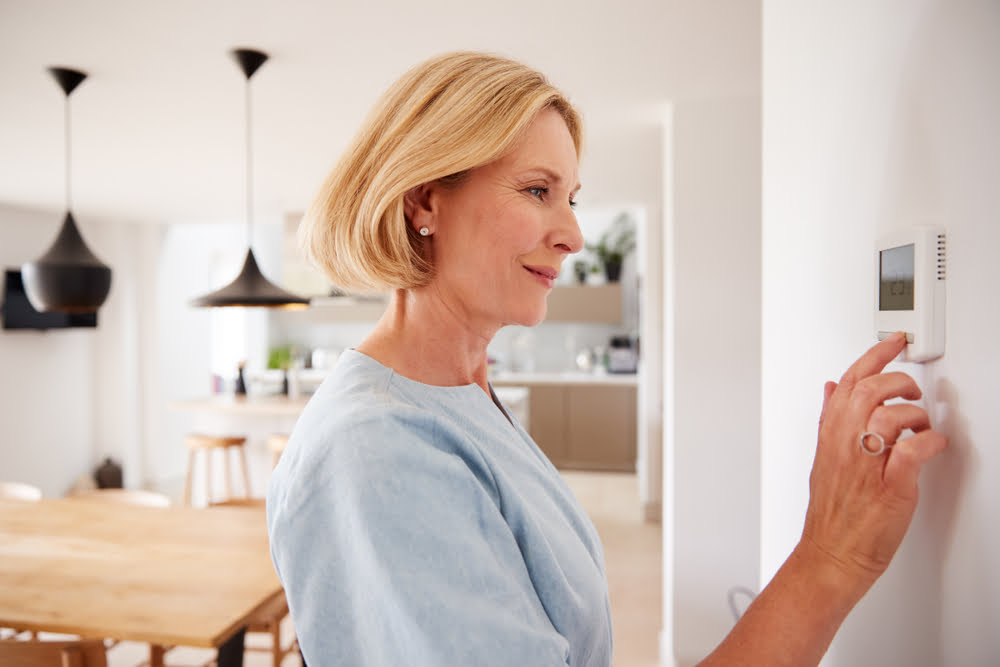
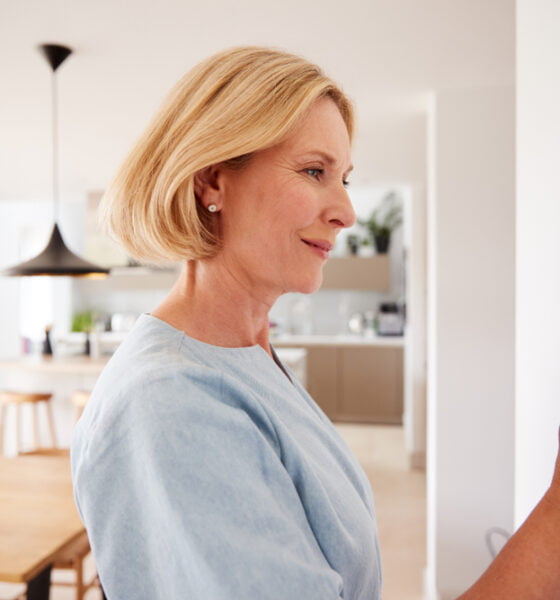
Features
5 Great Low Carbon Heating Systems Ideas for Your Home
There are many things that we have to think about when we are trying to live eco-friendlier lifestyles. One of the biggest priorities needs to be reducing the carbon footprint of our home heating systems.
Globally, heat accounts for 40% of all energy-related emissions. If you want to lower your carbon footprint, you need to make sure your heating system is as efficient as possible.
This article shares multiple heating options that are better for the environment than a traditional heating system that relies on fossil fuels.
Five Eco-Friendly Heating Options to Lower Your Home’s Carbon Footprint
If you’re looking to make a change to a more environmentally friendly form of home heating, there are a lot of things you need to consider. Whether your primary concern is improving efficiency, making it eco-friendlier by reducing emissions, or simply lowering the cost of heating your home, the list below might help you decide what your best options are.
Here are five of the best low-carbon heating options:
1. Solar panels
Solar power is a fantastic future-proof energy supply, so it’s no wonder it’s a staple for homes looking to lower their carbon emissions.
In terms of home heating, solar panels can be used to provide a renewable energy source that can power almost any heating system you need.
For example, solar energy can power (and also heat) hot water for a storage cylinder. It can also be used alongside a heat pump or electric boiler.
Solar panels are the ultimate champions of the environmental movement because they remove the need to use a power source that uses fossil fuels.
2. Electric boiler
A fairly new home heating solution is the electric boiler, which combines all the perks of a traditional boiler with a cleaner, safer fueling method.
These boilers run on electricity, so they cut out the harmful high rates of carbon that are omitted from gas boilers. In addition, if they can be combined with a renewable energy source, you could run your entire heating system carbon-free.
These boilers are also a great alternative for anyone not on the gas grid and wishing to use an all-in-one heating system. They’re quick and easy to install and can provide heating for small to medium-sized homes.
There is also an opportunity to save a considerable amount on your bills if you use an electric boiler powered by a renewable energy source (such as solar panels or a turbine).
As more of the world’s electricity supply switches to renewable sources, you can easily find out if your supplier is providing you with renewable energy. If so, you can gain satisfaction from knowing that your electric boiler is, therefore, not harming the environment as you use it.
3. Heat pumps
Heat pumps are suitable for all types of homes, and they come in a range of options.
If you’re looking for a simple solution to home heating, you might want to consider an air-to-air pump. These act much like an air conditioning system and can often provide hot and cool air to suit the weather.
If you also want to heat your water, consider an air-to-water system. These provide heating and not water in an all-in-one system, much like a conversion boiler. The difference being they are fueled by the intake of ambient air from outside.
There are also ground source or water source heat pump options available, so you can find a solution that best suits your home and environment.
Air source heat pumps are one of the most popular low-carbon heating options. This is partly because they operate at such high-efficiency rates. A standard air source heat pump will perform at efficiency levels of around 300%, sometimes higher. MIT Technology Review reports some even have efficiency levels as high as 400%.
This incredible efficiency means that for every unit of energy you pay to put into it, it will produce up to 3x as much in heat output. In comparison, a standard gas boiler would be around 93% efficient, meaning you actually lose money as it heats (as 7% gets lost during the heating process).
This efficiency difference means there are potential savings to be made on your heating bills. Depending on the type of heating system you replace, it’s possible to make savings of up to £900 per year; and as energy prices rise, this figure it’s only going to get higher.
4. Wind turbines
Wind turbines are a great way to produce free, renewable electricity to help power your home.
They can be installed to help you generate your own energy, which can then directly power your heating and other electrical devices.
You will need to ensure that you have permission to install one and the correct space and home setup. However, the benefits of operating one can be incredibly significant in reducing your carbon footprint and your energy bill.
5. Biomass boiler
These boiler types are often more frequently used by those with easy access to biomass fuels—such as wood pellets and logs of wood chips.
It is possible to have a biomass boiler installed. However, they do come with strict regulations, as they burn fuels outdoors.
The benefit of these systems is they utilize renewable energy sources, like wood. This can often mean you spend less on fuel bill and reduce the carbon emissions, which you would get from a normal gas boiler.
Each of the five low-carbon options listed above is beneficial and suitable for different homes in various ways. What they all share, though, is that they are great choices for the environment. They can reduce your long-term spending, and they will future-proof any home against further energy price changes.


 Business9 months ago
Business9 months agoHow to Become an Environmentally Conscious Entrepreneur in 2024

 Features3 months ago
Features3 months ago3 Ways an Outdoor Kitchen Can Make Your Home Eco-Friendly

 Features11 months ago
Features11 months agoFoodTech Advances Can Feed the World Despite Climate Change

 Features10 months ago
Features10 months agoWhat Eco-Friendly Investors Should Know About Trading Silver




